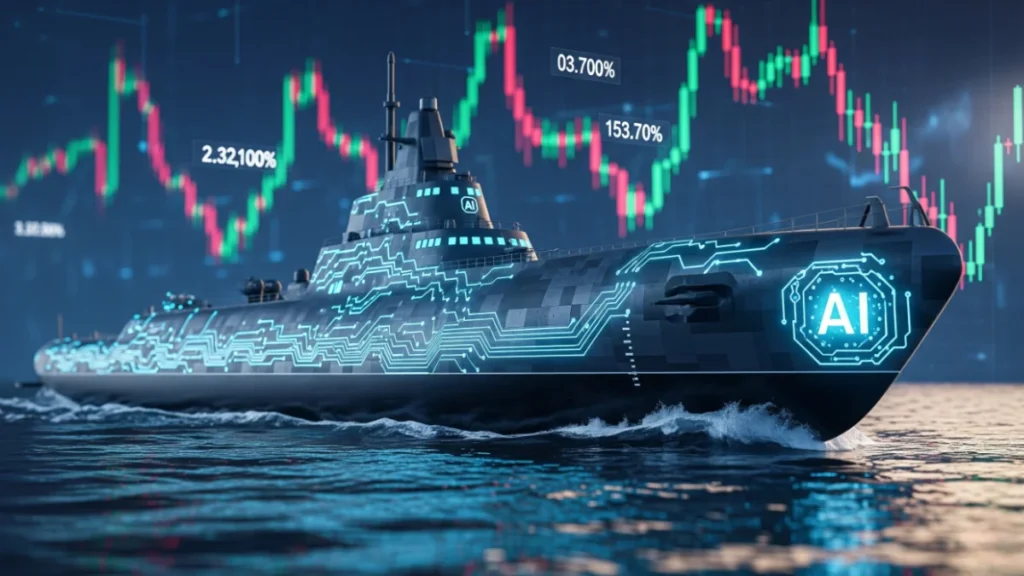A stealthy startup led by Navy veterans just scored its first funding to bring AI into the deep sea—decoding underwater noise to detect threats in real time.
Key Takeaways:
- Spear AI raised $2.3 million in its first funding round.
- The company uses AI to interpret submarine acoustic data.
- Awarded a $6 million U.S. Navy contract for its labeling tools.
- Plans to double staff and expand into commercial sectors like underwater cable security.
- Founded by former Navy SEAL and submarine commander—deep domain experience.
In a major push to modernize underwater military intelligence, Spear AI, a startup founded by U.S. Navy veterans, has raised $2.3 million in seed funding to apply artificial intelligence to submarine acoustic data.
The Washington-based company, founded in 2021, is tackling one of the Navy’s toughest data challenges: making sense of passive acoustic signals—the murky audio that comes from underwater listening devices. It’s the kind of data that could be anything from a distant storm to a lurking enemy vessel, and current AI models simply aren’t built to handle it.
Spear AI’s co-founders Michael Hunter, a former Navy SEAL analyst, and John McGunnigle, a former nuclear submarine commander, are building a hardware-software platform that translates this complex soundscape into something AI can process. Their custom sensors—designed for buoys and ships—collect the data, while their software helps label and organize it for machine learning.
The startup’s efforts just got a major boost: the U.S. Navy awarded them a $6 million contract this month for their acoustic data-labeling tool. According to CEO Hunter, the company had to build the tech first, before contracts came in—something only possible through private capital. The funding came from Cortical Ventures and Scare the Bear, firms focused on AI and defense innovation.
What’s next? Spear AI plans to double its 40-person team, scale its government work, and even branch into commercial markets like monitoring underwater cables and pipelines. The company is also eyeing a consulting model, similar to Palantir’s, to drive long-term growth.
This isn’t just a tech story—it’s a reimagining of how AI and national security intersect below the waves.
